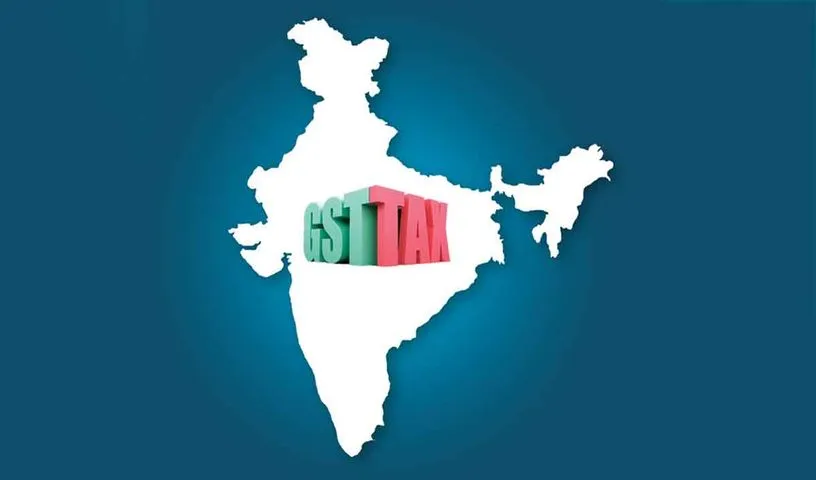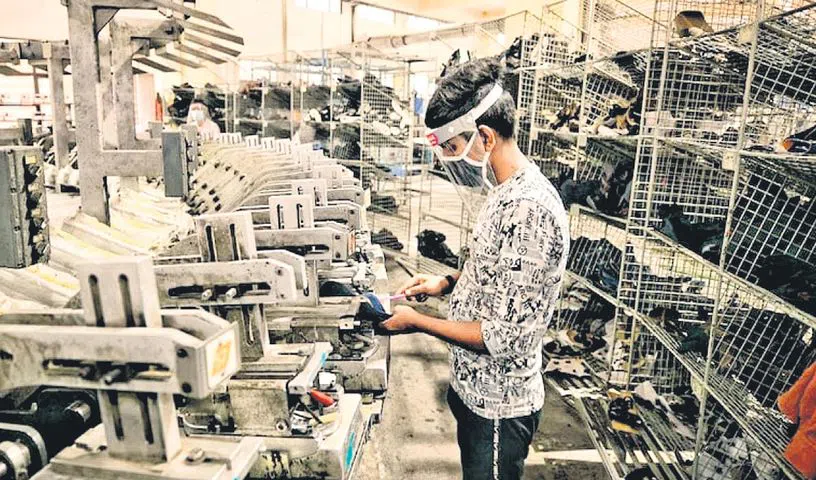On 29 September, for the first time, five FICCI southern State councils — Karnataka, Kerala, Tamil Nadu, AP and Telangana — came together and organised a GST Southern State Finance Minister’s conclave. The industry Minister of Karnataka, and Finance Ministers of Kerala and Tamil Nadu shared their views. It was a very good start because the Southern States must reach a consensus on the GST issues.
Five top issues faced by the industry were presented to the ministers. These were restructuring of the Advance Ruling Authority to make it more effective, making the GST officials more accountable, notification of the GST rating section of the CGST Act 2017, non-denial of Input Tax credit claimed on genuine transactions and constitution of the GST Appellate Tribunals immediately. Many of these recommendations are in the realm of the GST Council and the Central GST authorities
Let me flag five big issues in the realm of the State leadership and seek their support to resolve them.
Data Ownership: It was mentioned that the GST data is not easily accessible and hence decision-making is not ‘data based’. Especially, the GST has a ‘near’ real-time technology backbone for data. The State Finance Ministers should make a case that the States have co-ownership on the data and the GST Council must create an analytics platform and provide access to the GST data — in real-time — to them. This is their right. The data is the oil of the GST regime and is not the sole property of the Central government. Delayed data release is often an indicator of a lack of transparency.
Role of Entrepreneur is Supreme in GST: The Central and State governments have forgotten one key fact — it is the entrepreneur who is the goose that lays the golden egg. It is the entrepreneur who stakes everything to start an industry — invests, buys raw material, transports to his plant, pays the labour and uses the technology to convert it into finished goods, finds customers, transports it to customers, collects the money and then pays the GST. The government just waits for the transaction to be completed and insists on getting its share on time. How much does the entrepreneur make at the end of all his toil? Maybe 10- 12% of the sale price, which after income tax is reduced to 8-9% of the sale value. The government makes — through GST and income tax — much more than this. By doing what? The point is simple — if the State and Central governments want to grow the GST collections, they should be working with the entrepreneur and ensuring his needs are taken care of. Today, an entrepreneur is treated with suspicion and is demotivated by the GST administration. We are killing the goose. The governments need to understand that if the entrepreneur stops, the GST collections end. The state administration should be sensitised to this fact.
Primary role of GST admin is to support entrepreneur: The GST administration role is to make it easy for the entrepreneur to run his business. Instead, the GST administration expects the entrepreneur to not only pay his GST on time to his vendors but also to ensure that his vendors pay this GST amount on time. This is unfair. If the GST department cannot collect the GST from its registered vendors with all its powers, why should the poor entrepreneur be penalised by denial of the Input Tax Credit? The GST Council must implement the rating system promised under Section 149 immediately. Already over four years have passed. This will enable the entrepreneur to choose compliant vendors and thus non-compliant vendors will be punished. This will also enable entrepreneurs to choose vendors from any part of India and thus ‘one nation, one market’ can be achieved. Once the GSTR-1 is filed by the vendor (vendor discloses the sale), the GST department must take responsibility for the collections and not penalise the entrepreneur. This is the least the department can do for the entrepreneur.
Government can’t make more revenue by delaying payments: Many State and Central governments are strapped for cash and delay payment to their vendors. This makes the vendor default on GST payment and he has to pay 18% interest. But the government will not acknowledge the delayed payment and will not pay interest. The more the delay, the more the interest. This is very unfair. The governments must acknowledge their payment dues on a public platform (AP government has had this since Chandrababu Naidu’s term) and pay interest at 18%. This will put pressure on the state public officials to acknowledge and clear the dues on time and this is the best and first requirement for Ease of Doing Business.
GST Council should not recommend any amendments to GST law based on exceptions: In the course of GST implementation, the GST administration realises the loopholes adopted by the dishonest taxpayers. Instead of finding and penalising such fraudsters, the tendency is to draft a new law or a rule to correct this exception. Here’s an example. Some of the GST-registered vendors fail to pay their dues on time. So instead of going after them, the GST Act insists on penalising the entity which gave the payment to the vendor along with the GST. We need to study the extent of the deviation and only if it is very large and cannot be plugged by enforcement, the law must be amended. Why? Because you will end up increasing the compliance load of genuine taxpayers. It is like penalising the majority for the omissions and commissions of the minority. The GST administration must do its role of enforcement. An example — imagine the police put up checkpoints – every day and everywhere – to catch thieves, thereby penalising every car driver. The job of the police is to catch the thief using their detective skills and not by enforcement of tough regulations on the bulk of the rest of the innocent population.


